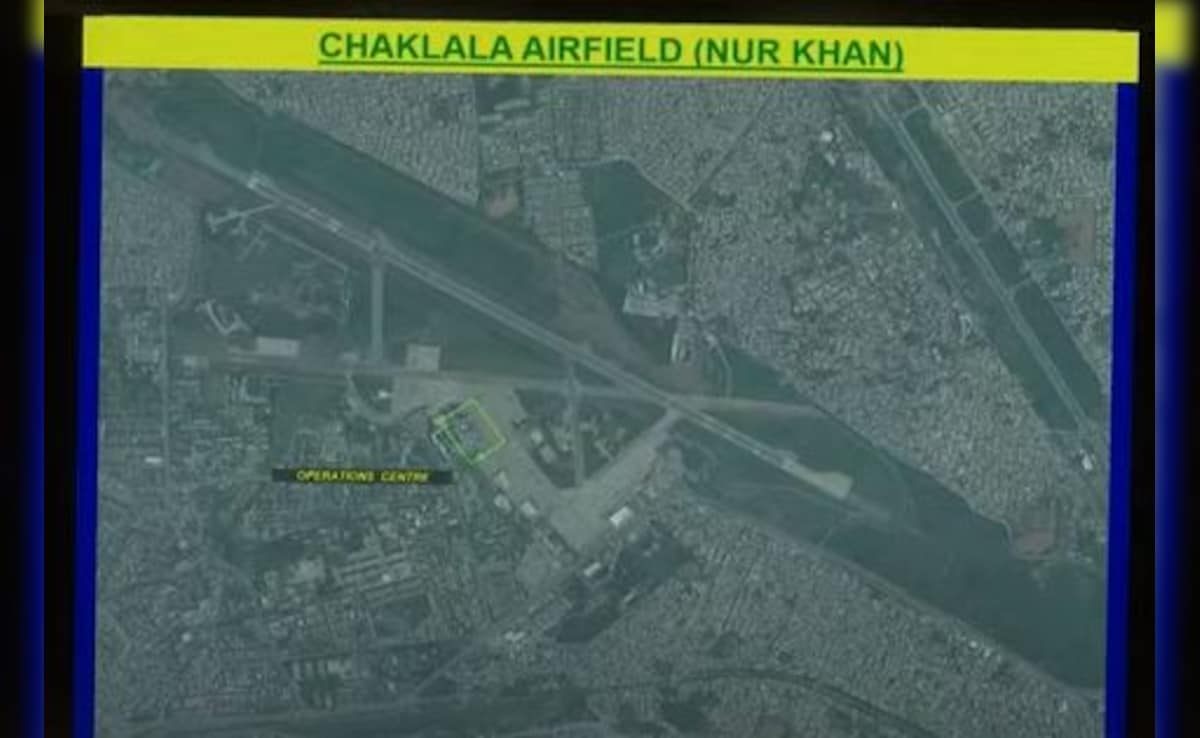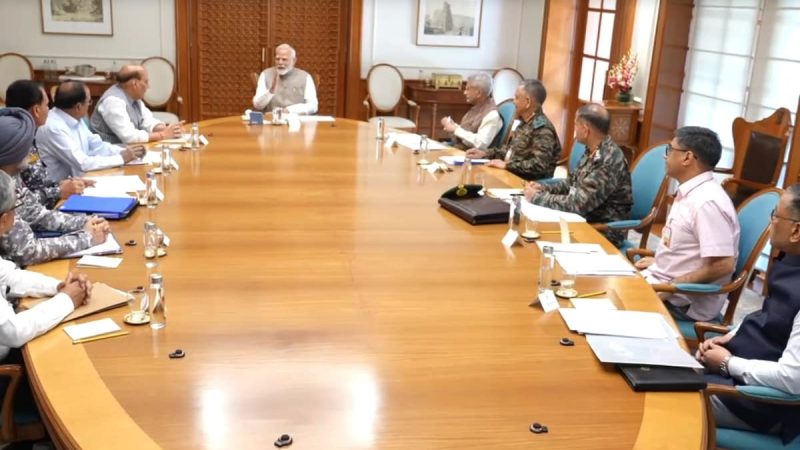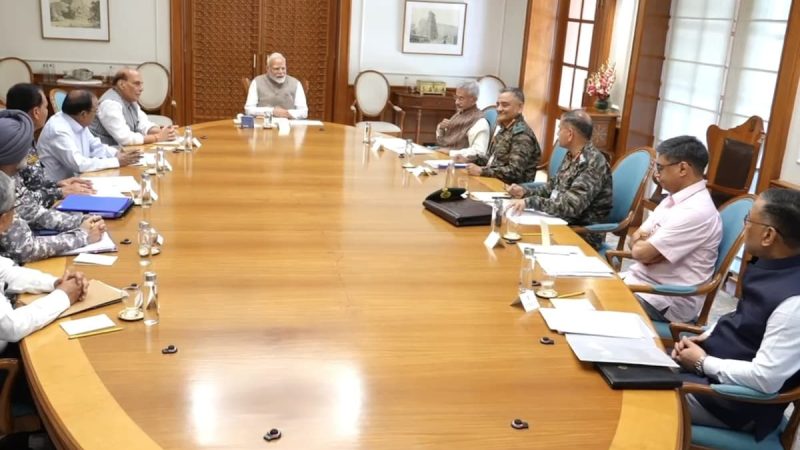Turning Point Was India's Air Strikes: Army Explains Pak's Change In Stance

New Delhi:
The ceasefire proposal from Islamabad — after four days of missile attack and cross-border firing – was brought about by Indian air strikes on Pakistani airbases, the armed forces said today. India, the military said, had informed Pakistan’s DGMO on May 7 that it had conducted strikes on the terror infrastructure in Pakistan, but he did not respond. He asked for time after India conducted strikes on air bases after several days of Pakistan’s aggressive missile strikes.
At a press conference today, Air Marshal AK Bharti said, “It was time to convey some message to the adversary… hit where it would hurt.”
India’s retaliation though, he added, was “precise, measured”. “We have the ability to target every system in the air bases, but we showed restraint to avoid escalation,” he said.
The response, he said, was “swift, coordinated calibrated” and targeted air bases and commend centres among other things – “sending a clear message that aggression will not be tolerated,” he added.
“The turning point was air strikes by India on May 9 and the morning of May 10. It was a ‘hell fire’ by India,” government sources had said earlier.
India’s counter military actions on nights of May 9 and 10 was the first instance of a country damaging air force camps of a nuclear country, the officers said.
“Within three hours, 11 bases were attacked including Nur Khan, Rafiqui, Murid, Sukkur, Sialkot, Pasrur, Chunian, Sargodha, Skaru, Bholari and Jacobabad,” said Air Marshal Bharti.
Also, various ammunition depots and bases like Sagodha and Bholari that housed F-16s and JF-17 fighter jets were hit. This, he said, led to destruction of 20 per cent infrastructure of Pakistan’s Air Force.
Pakistan’s Bholari Air Base was also bombed in which more than 50 people — including Pakistan’s squadron leader Usman Yousuf and four airmen were killed. Pakistan’s fighter jets were destroyed, he added.
India had started retaliatory operation, sources said, after Pakistan escalated hostilities by opening air strikes and drone attacks in the border areas of Jammu and Kashmir and Rajasthan on Thursday evening. The air strikes that started around 8.30 pm – long after its foiled attempt to target 15 Indian cities.
Post-midnight on Friday, India started targeted operations . From the Arabian Sea, the Navy took on multiple targets in Pakistan.
On Saturday came the peace overtures.
It was the US Secretary of State Marco Rubio, who after talking to Pakistan Chief of Army Staff, Asim Munir, called foreign minister S Jaishankar and said that Pakistan is ready to talk.
“India made it clear that talks should be between DGMOs and no one else. Pakistan DGMO requested for the time with the Indian counterpart at 1 pm on May 10,” sources said.






